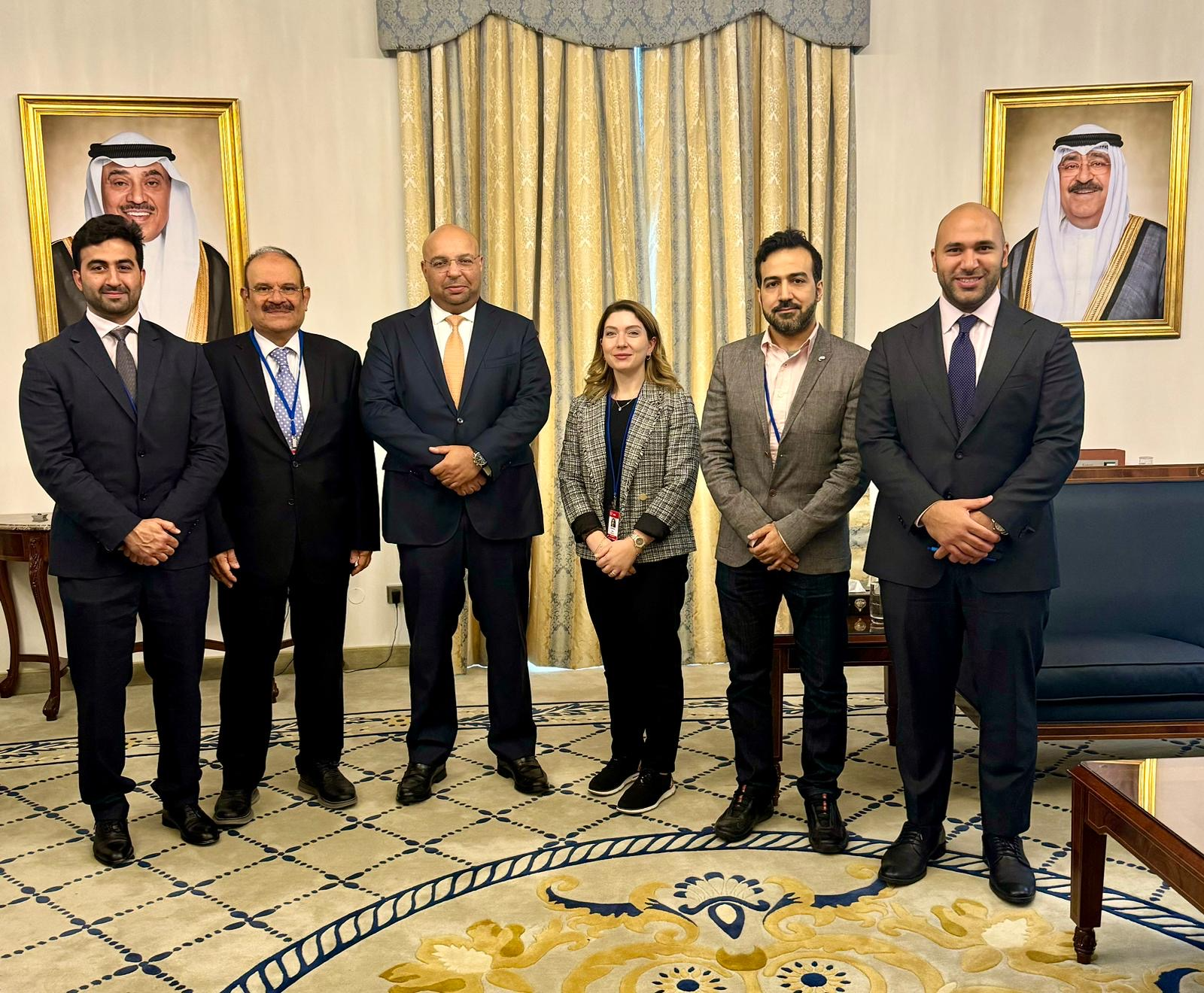KCCC and IAEA discuss radiotherapy techniques

VIENNA: Kuwait’s Ambassador to Austria and Permanent Representative to the United Nations and International Organizations in Vienna Talal Al-Fassam said Tuesday that a delegation from the Kuwait Cancer Control Center (KCCC) is currently visiting Vienna to meet with technical officials from the International Atomic Energy Agency (IAEA) and discuss ways to develop and implement radiotherapy techniques.
Ambassador Al-Fassam told KUNA after receiving the visiting Kuwaiti delegation that the meetings are an “important step” towards enhancing cooperation and knowledge exchange between the Kuwait’s Ministry of Health and the IAEA in the field of nuclear medicine and radiotherapy with the aim of raising standards of cancer treatment in Kuwait. He added that the meeting with the delegation members included a review of the efforts of the KCCC in promoting the use of three main radiotherapy techniques, which are considered “among the latest medical research findings” and its endeavors to apply these techniques to improve patient treatment outcomes and the quality of healthcare provided to them.
He stressed the importance of enhancing cooperation with specialized international organizations and agencies, based on Kuwait’s commitment and keenness to provide the best levels of care for cancer patients in the country and to enhance capabilities in combating it. Ambassador Al-Fassam praised the expertise of the members of the Kuwait Cancer Control Center, commending their efforts in raising the level of knowledge in the field of developing medical technologies and their application in Kuwait.
The delegation is scheduled to visit the facilities of the International Atomic Energy Agency in the Seibersdorf area in the Austrian capital, in addition to visiting the Medical University. The Kuwaiti delegation includes the Head of the Radiation Oncology Department Dr Yasser Hassan; Radiation Oncology Specialist Dr Ahmed Boushehri; from the Nuclear Medicine Department Dr Sarah Murad, and the National Liaison Officer with the International Atomic Energy Agency Dr Nader Al-Awadhi.
The Kuwait Cancer Control Center, which was established in 1968, is a governmental center affiliated with the Ministry of Health and was designated for the purpose of providing care for cancer patients. It employs more than 600 highly qualified employees in the field of oncology and is equipped with the latest medical equipment and services. — KUNA
















